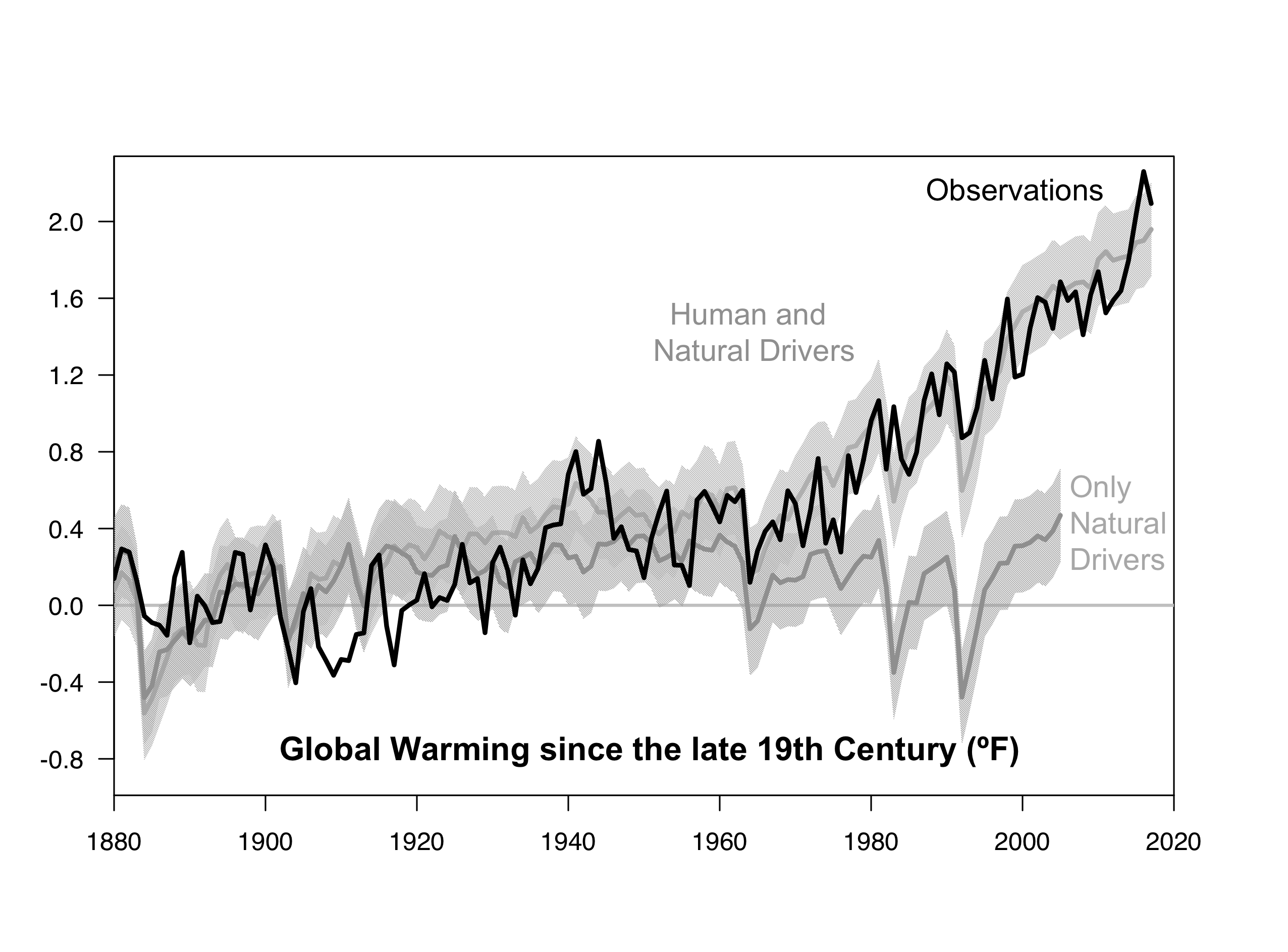Scientists predicted in the 1980s that a key fingerprint of anthropogenic climate change would be found in the ocean. If they were correct that increases in greenhouse gases were changing how much heat was coming into the system, then the component with the biggest heat capacity, the oceans, is where most of that heat would end up.
We have now had almost two decades of attempts to characterize this change, but the path to confirming those predictions has been anything but smooth…
[Read more…] about The long story of constraining ocean heat content

